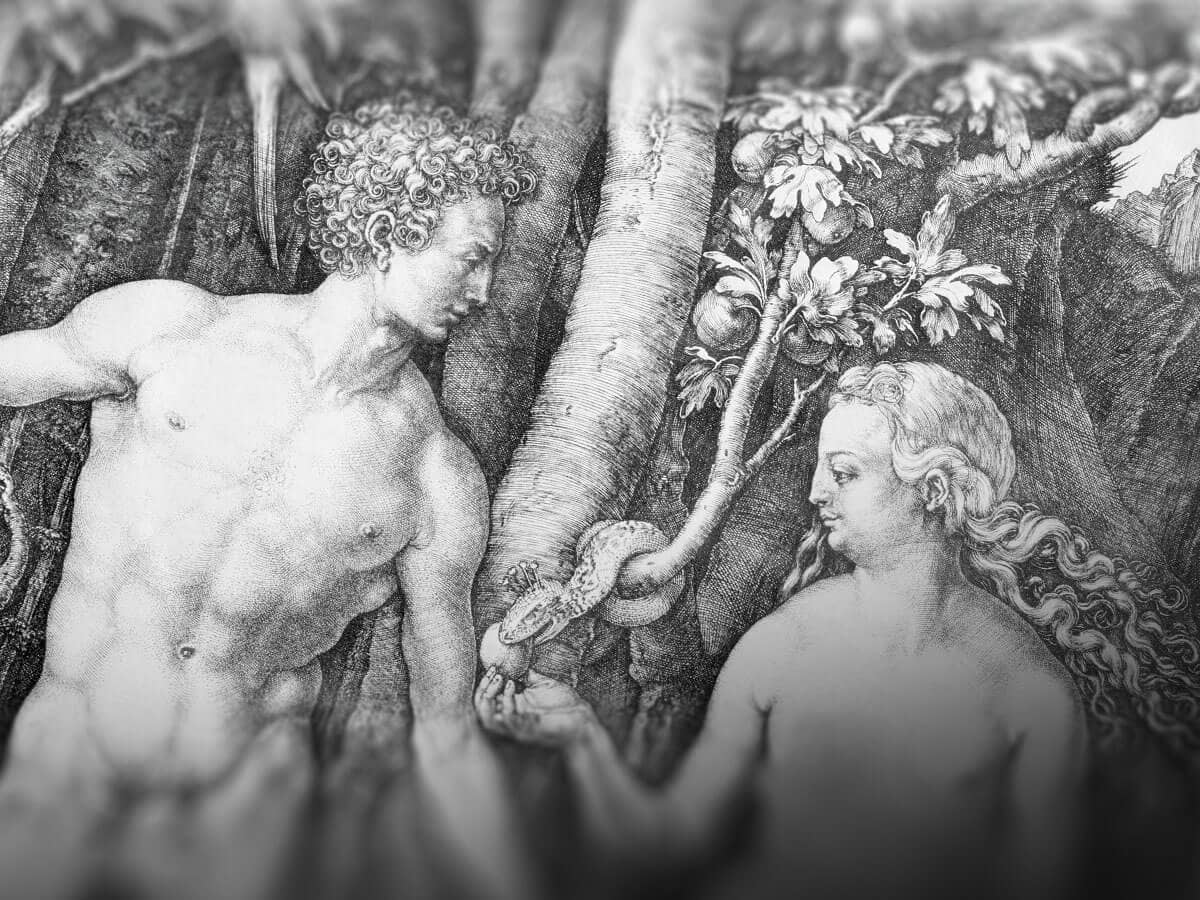 |
 |
 |
 |
|
|||
 |
The covenant, as it is described in Ki Tavo, is not an agreement made in the past. Instead, time collapses so that each member of the Jewish people has seemingly lived through all the formative experiences of the nation. Throughout the generations, each person who brings the offering of the first fruits declares, "The Egyptians treated us badly and afflicted us . . .we called out to God and God heard our voices . . .God took us out of Egypt with a strong hand . . .and brought us to this land, a land flowing with milk and honey. And now I have brought the first fruits of the land which God has given me."
Although the individual has not lived through these experiences, he speaks as an eye-witness. At the end of the portion, Moses addresses the second generation since the Exodus and says: "You have seen all that God has done before your eyes in the land of Egypt, to Pharaoh, and to his servants, and to his whole land" (Deuteronomy 29:1). Most of Moses' audience had not yet been born at the time of the Exodus. Yet he tells them that they have seen these events with their own eyes.
 |
 |
 |
 |
|
|||
 |
Moses' charge to the people is not just that they themselves witnessed the miraculous Exodus, but also that they, as the second generation, can understand and really perceive the events in a way that the first generation could not. As he declares, "God has not given you a heart to understand [these events], nor eyes to see, nor ears to hear, until this day." Being a part of the life of the nation not only allows the people to experience events at which they were not physically present, but it also allows them the perspective to more fully understand the nature of the events. Ironically, those not in corporal attendance have the truer, deeper experience of the event.
It is no coincidence that the brief national history recited by the bearer of the first fruits becomes the basis for the Haggadah read at the Seder on Passover evening. The essence of the holiday of Passover is recreating the experience of the Exodus, and in doing so, transmitting the experience to our children. The text that we use is not from the book of Exodus, which describes the events as they occur. Instead, the Haggadah draws its verses from the book of Deuteronomy, from the words of a person who, like us, was not physically a part of the Exodus, but through the power of language and the force of national identity, nonetheless makes the experience his or her own. Linear time is irrelevant to national experience, and in this way a covenant becomes eternal.

